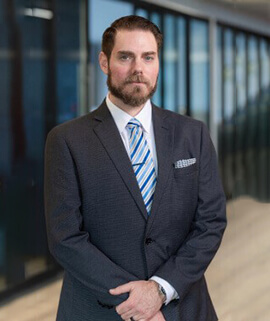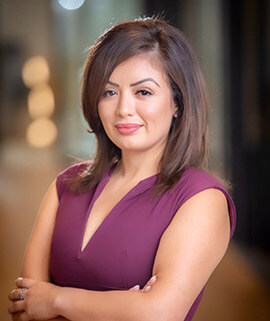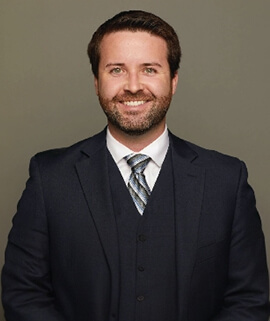Different Stages of Bedsores
 Bed sores are one of the worst preventable injuries an individual could sustain while staying in nursing homes, hospitals or other care facilities. Also know as pressure sores, pressure ulcers or decubitus ulcers, bed sores are skin lesions caused by extended stress to the skin, such as humidity, temperature, incontinence and hygiene, shearing and friction. Bed sores can affect any part of the skin, but is especially prevalent on skin covering bony parts of the body, such as knees, elbows, heels, heels and sacrum (triangular bone at the base of the spine). Bed sores are also quite common around the buttocks and hip areas. Because bed sores are generally caused by constant and prolonged pressure to a certain area of the body, people who are unable to move, for whatever reason, are most at risk. Specifically, individuals with serious medical conditions, in a coma or immobile due to age and sickness are the biggest victims of bed sores. With that said however, bed sores, for the most part are preventable. Therefore, health care professionals in charge of their care are responsible for making sure that bedsore do not suffer from bed sores by taking certain precautions, such as:
Bed sores are one of the worst preventable injuries an individual could sustain while staying in nursing homes, hospitals or other care facilities. Also know as pressure sores, pressure ulcers or decubitus ulcers, bed sores are skin lesions caused by extended stress to the skin, such as humidity, temperature, incontinence and hygiene, shearing and friction. Bed sores can affect any part of the skin, but is especially prevalent on skin covering bony parts of the body, such as knees, elbows, heels, heels and sacrum (triangular bone at the base of the spine). Bed sores are also quite common around the buttocks and hip areas. Because bed sores are generally caused by constant and prolonged pressure to a certain area of the body, people who are unable to move, for whatever reason, are most at risk. Specifically, individuals with serious medical conditions, in a coma or immobile due to age and sickness are the biggest victims of bed sores. With that said however, bed sores, for the most part are preventable. Therefore, health care professionals in charge of their care are responsible for making sure that bedsore do not suffer from bed sores by taking certain precautions, such as:
Repositioning – It is easy to see why individuals who are unable to move on their own power are most at risk for bed sores. These people should be checked up on and moved constantly, as much as once every hour, to make sure that there is no unnecessary pressure on their skin.
Special mattresses – special mattresses and other devices in the form of cushions, foams, pads and air-filled mattresses can help alleviate pressures.
Elevation of the mattress – beds elevated to more than thirty degrees can cause shearing.
Call (855) 339-8879 to set up a free, no obligation consultation to find out if you have a case.
What Are the Stages of Bedsores?
In an effort to properly characterize the different levels of severity of bedsores, the National Pressur Ulcer Advisory Panel (NPUAP), a non-profit organization, developed the different stages of bedsores in 2007. The staging system classifies each bedsore into one of four stages, with four being the most severe and one being the least.
Stage 1 Bedsore
Stage 1 bedsores are characterized by NPUAP as Non-blanchable erythema, and includes:
- Intact skin with non-blanchable redness
- Dark pigmented skin (making it harder to diagnose it individuals with darker skin)
- Sensitivity with varying texture compared to surrounding skin
Stage 2 Bedsore
Stage 2 bedsores develops partial thickness and is characterized by:
- An open wound with damage to the outer layer of skin
- Materializes as a redish-pinkish wound
Stage 3 Bedsore
Stage 3 bedsores are the second worst type of bedsore and there is a full thickness of skin loss. Stage 3 bedsores typically show:
- Loss of skin exposing underlying tissue
- Tunnel or hole like presence on the body
- Presence of yellow tissue at the bottom called slough
Stage 4 Bedsores
Stage 4 bedsores are the worst type of bedsore and manifests as full thickness tissue loss. Stage 4 bedsore characteristics are:
- Bones, tendons or muscle is exposed
- Presence of Slough
- Can extend into extend into other surrounding muscles or tendons potentially leading to osteomyelitis or osteitis
Diagnosing Bedsores – How Do I know if I or a Loved one Has a Bedsore?
As most injuries, early detection of bedsores are vital to minimizing the long term consequences it can have, as well as preventing a bedsore from progressing. Even today, all bedsores are diagnosed by visual examination, by comparing the outer and inner surface of the bedsore with the characteristics listed above. Additionally, some medical professionals assess the risk level of an individual to determine how likely it is for them to develop bedsores. Several tests, such as the Braden Scale and Norton Scoring System uses certain variables to evaluate risk and are generally comprised of five variables:
- Physical condition
- Mental condition
- Activity
- Mobility
- Incontinence
Each patient is scored on these parameters to determine the risk level of developing bedsore. The higher the risk level, the more likely that a bedsore has developed.









